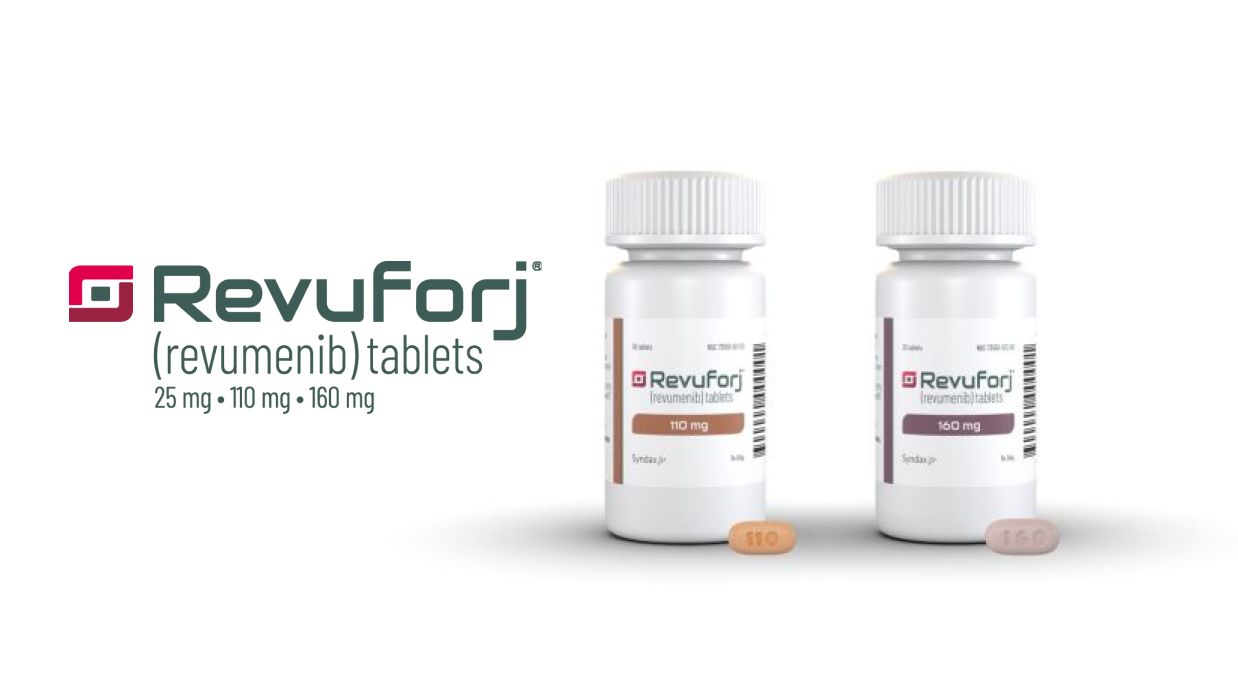Syndax Publishes Positive Phase 2 Data For Revumenib In mNPM1 Acute Myeloid Leukemia, Supporting FDA sNDA Submission
Syndax publishes pivotal Phase 2 AUGMENT-101 trial data on revumenib in R/R mutant NPM1 AML in the Blood Journal.
Breaking News
May 08, 2025
Vaibhavi M.

Syndax Pharmaceuticals has announced that pivotal Phase 2 data from its AUGMENT-101 trial evaluating revumenib in patients with relapsed or refractory (R/R) mutant NPM1 acute myeloid leukemia (AML) have been published in the Blood Journal. Revumenib is a first-in-class menin inhibitor that is showing promise for difficult-to-treat AML subtypes.
“We are thrilled to publish the first positive pivotal dataset in patients with an NPM1 mutation, the most common genetic alteration observed in AML. These important data support the safety and efficacy of revumenib in relapsed or refractory mNPM1 AML and serve as the foundation for the sNDA we submitted to the FDA under its RTOR program,” said Neil Gallagher, M.D., Ph.D., President, Head of Research and Development at Syndax.
This follows the FDA’s November 2024 approval of revumenib under the brand name Revuforj® for treating R/R acute leukemia with KMT2A rearrangements in patients aged one year and older. In April 2025, Syndax submitted a supplemental New Drug Application (sNDA) to the FDA for an expanded label that would include R/R mNPM1 AML, under the Real-Time Oncology Review (RTOR) pathway.
Martha L. Arellano, M.D., Professor of Hematology and Oncology, Winship Cancer Institute of Emory University, and Principal Investigator in the AUGMENT-101 trial, stated, “These are impressive, landmark results which underscore the potential for revumenib to meaningfully advance the standard of care for patients with R/R mNPM1 AML, a difficult to treat disease with a poor prognosis. In the older, heavily pretreated population enrolled in this trial, it is very encouraging to observe that nearly 50% of patients achieved an overall response and that revumenib was generally well-tolerated. These findings add to the growing body of evidence supporting revumenib’s paradigm-changing potential as treatment for a significant subset of acute leukemias.”
